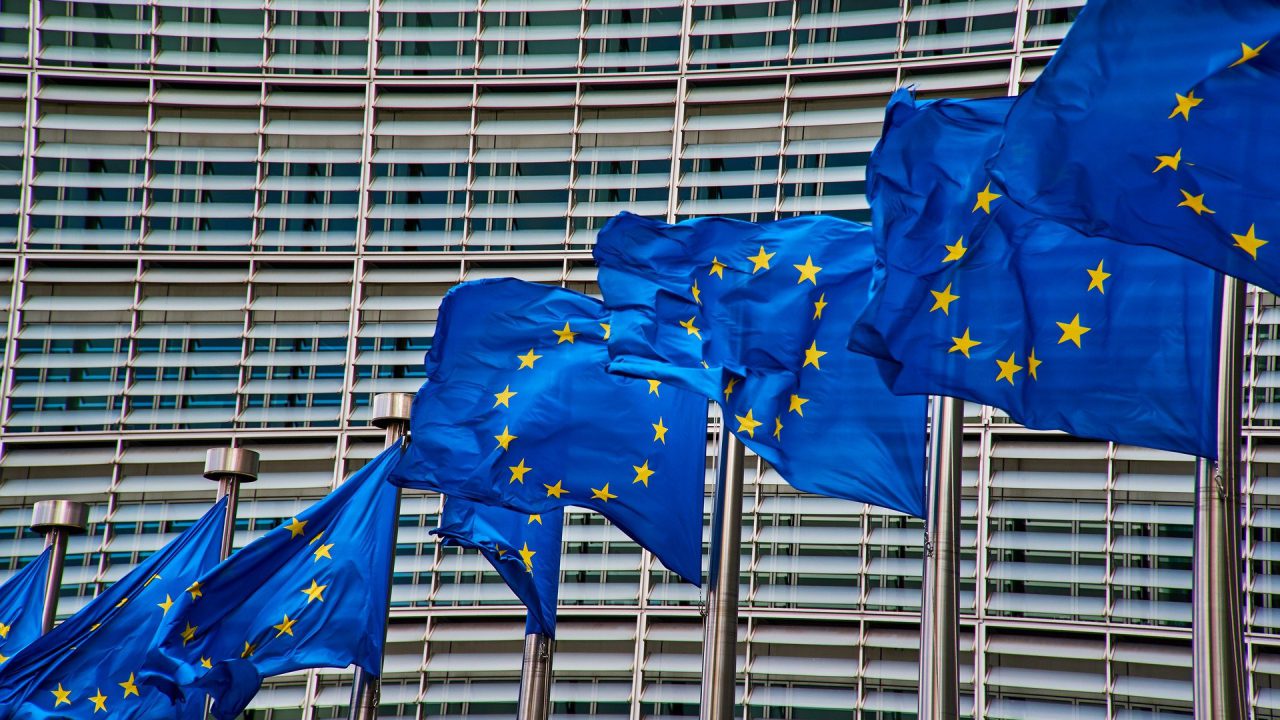An Taisce has lodged a formal legal complaint with the EU Commission in relation to the Food Wise 2025 strategy, the current 10-year plan for the agri-food sector.
An Taisce has welcomed the Environmental Pillar in “denouncing the strategy produced by this committee as entirely inadequate to meet the social and environmental challenges facing us”.
Also Read: Environmental NGOs resign from Agri-Food Strategy 2030 stakeholder committee‘Time to accept societal responsibility for this strategy’
The strategy is yet to be published, but the final draft was circulated to the committee members this month, ahead of public consultation.
In a letter to Taoiseach Micheál Martin today (Thursday, February 25), Karen Ciesielski, coordinator of the Environmental Pillar said that the strategy is “not something that myself or our members can stand over or support”.
“It is time for the government and the Minister and Department of Agriculture to accept their societal responsibility for this agricultural strategy rather than farming it out to an unaccountable committee,” An Taisce said.
‘Article 10 of the SEA directive’
Dr. Elaine McGoff, natural environment officer with An Taisce said that Ireland “needs a new vision that addresses the challenges we face and charts a new course to a model which works with and protects nature, and better supports and sustains Ireland’s rural communities and family farms”.
“This agri-food industry strategy once again positions Ireland as a laggard for environmental action and makes a mockery of our ‘green’ image,” Dr. McGoff claimed.
Change is coming and the longer Ireland puts it off, the harder the changes will hit.
An Taisce has initiated the formal complaint to the EU “on foot of failures under the Strategic Environmental Assessment [SEA] directive for Food Wise 2025”.
“Article 10 of the SEA directive sets out the provisions for monitoring of a programme subject to SEA and, notably, the obligation for remedial action where unforeseen adverse effects, such as air pollution levels, arise,” An Taisce said.
It added that “unforeseen exceedances in a number of environmental indicators [water, biodiversity, GHG and ammonia levels] driven by Food Wise 2025” have not been addressed.
Current and future agri-food strategies
The Food Wise 2025 strategy was agreed by a committee of 35 stakeholders from the agri-food sector.
The Food Wise report was published in July 2015, with the Food Wise Implementation Plan and the final environmental analysis on the strategy published in December 2015.
It identified over 400 recommendations to achieve sustainable growth.
A number of growth projections for the industry over the 10 years included in the report were:
- 85% increase in exports to €19 billion;
- 70% increase in value-added to €13 billion;
- 65% increase in primary production to €10 billion;
- The creation of 23,000 additional jobs all along the supply chain from producer level to high-end value-added product development.
Last August, the then Minister for Agriculture Dara Calleary opened a public consultation on the draft Strategic Environmental Assessment Scoping Report for the Agri-Food Strategy 2030, which is replacing Food Wise.
The Agri-Food Strategy 2030 public consultation document outlines that while the themes of Food Wise “are likely to remain relevant in the next strategy, there are areas that require enhanced focus”, such as sustainability.
‘Poor environmental ranking should sound alarm bells’
This week, the EU’s Sustainable Progress Index 2021 was published, with results showing that while Ireland ranks 11th out of 15 comparable EU countries based on their overall delivery of the UN’s Sustainable Development Goals (SDGs), Ireland scores last on the environment index.
Sinn Féin Senator Lynn Boylan said that this poor ranking “is further evidence that Ireland does not take protection of the environment seriously”.
“It should sound the alarm bells for government on the need to change their approach to climate, the environment and social justice and develop a more holistic approach that works with nature and communities.”
